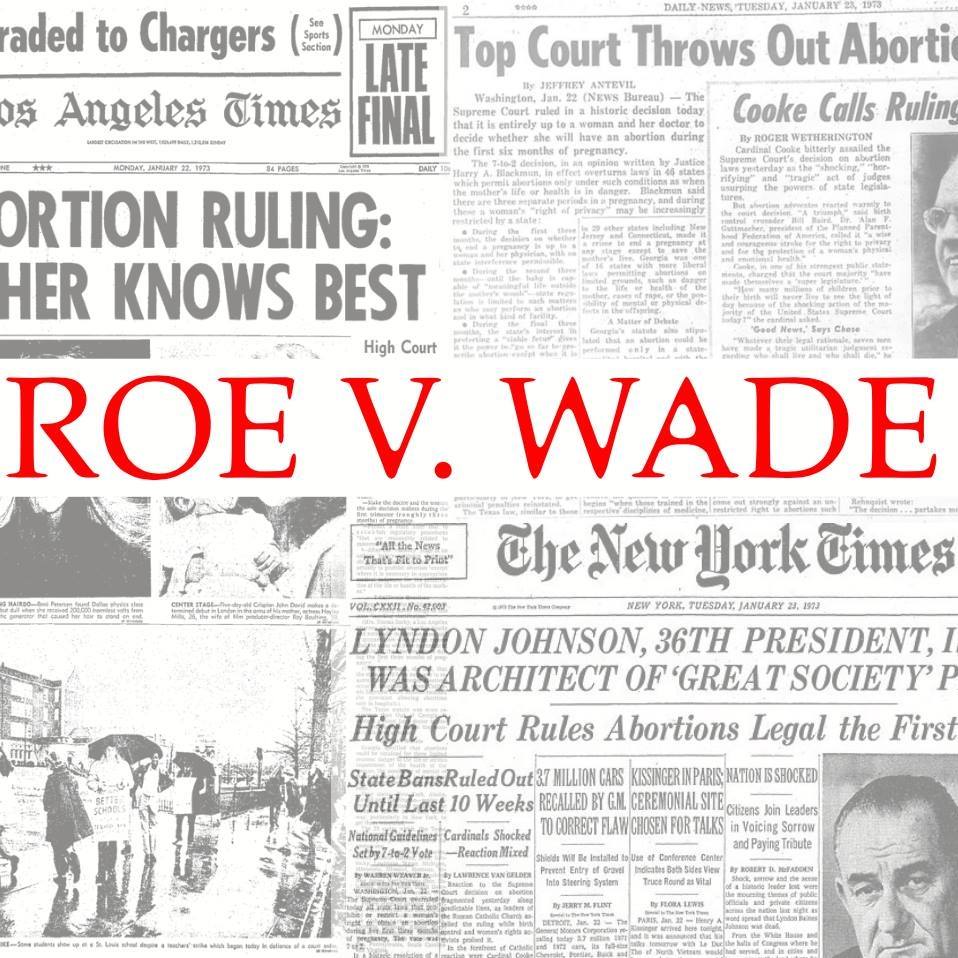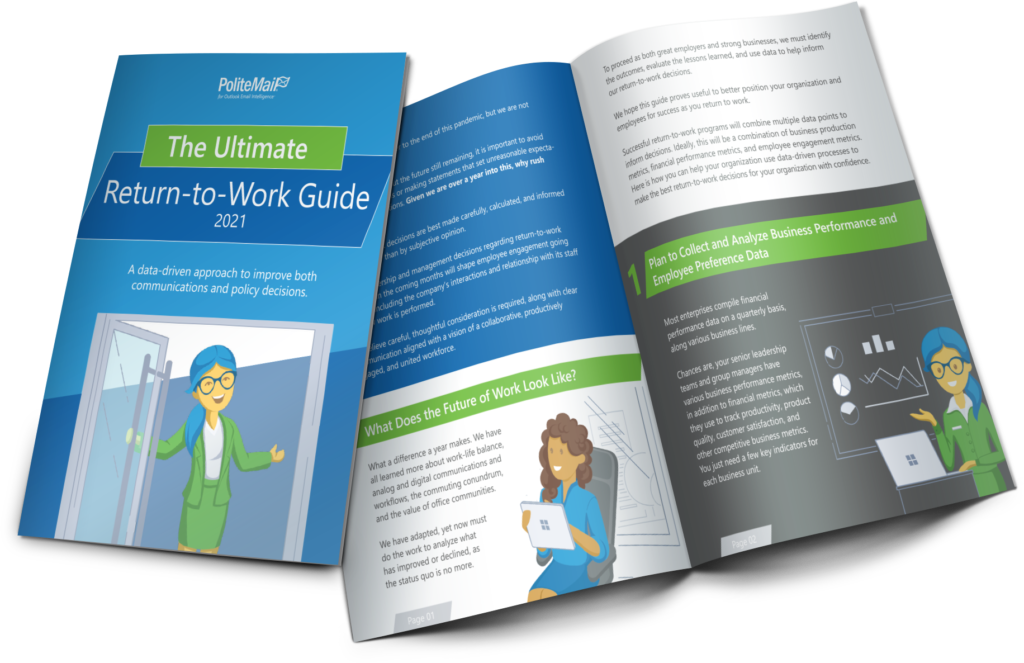Over-the-Counter Birth Control: Increased Access And Its Implications Post-Roe V. Wade

Table of Contents
Increased Access to Over-the-Counter Birth Control: Benefits and Challenges
The potential for over-the-counter birth control offers numerous advantages, but also presents significant hurdles.
Enhanced Convenience and Privacy
Increased accessibility is a major benefit of over-the-counter birth control. This is particularly important for individuals who:
- Face geographical barriers: Many Americans, especially those in rural areas or underserved communities, lack easy access to reproductive healthcare clinics. Over-the-counter options remove the need for travel and appointments.
- Experience stigma: The social stigma surrounding birth control can be a significant barrier to seeking care. Over-the-counter access allows for greater privacy and discretion.
- Need greater control: Having birth control readily available empowers individuals to manage their reproductive health without needing a doctor's visit each time. This could lead to improved adherence to birth control regimens.
Potential Impact on Unintended Pregnancy Rates
Studies consistently show a correlation between increased access to contraception and lower rates of unintended pregnancies. Over-the-counter birth control could:
- Reduce abortion rates: By making contraception more readily available and affordable, unintended pregnancies – and consequently, the need for abortions – may decrease.
- Improve family planning: Easier access allows for better family planning, empowering individuals to make informed choices about their reproductive lives.
- Present challenges: However, there are concerns that improper use of over-the-counter birth control, without proper guidance, could lead to increased rates of unintended pregnancies. Comprehensive education is crucial.
Economic Considerations
The cost of birth control is a significant factor affecting access. Over-the-counter birth control:
- Could lower costs: While the initial price might seem higher, it could reduce overall healthcare costs by preventing unintended pregnancies and their associated expenses.
- Requires price comparisons: A detailed comparison between the cost of prescription birth control and over-the-counter options is necessary to determine affordability.
- Needs government support: Government subsidies or insurance coverage for over-the-counter birth control could significantly improve accessibility for low-income individuals.
Potential Health Implications and Misinformation
While increased access is beneficial, potential health risks and the spread of misinformation must be addressed.
The Role of Proper Education and Counseling
Comprehensive education and counseling are paramount to ensure the safe and effective use of over-the-counter birth control. This includes:
- Providing information: Clear information about different methods, their efficacy, potential side effects, and interactions with other medications is essential.
- Accessible resources: Reliable online resources and in-person counseling services should be readily available.
- Addressing risks: Individuals need to understand the potential risks associated with each birth control method.
Combating Misinformation and Promoting Safe Usage
Misinformation about birth control spreads rapidly through social media and other channels. Combating this requires:
- Fact-checking: Encouraging critical thinking and fact-checking before relying on information from unreliable sources.
- Reliable sources: Promoting access to credible sources of information from healthcare professionals and reputable organizations.
- Healthcare provider involvement: Healthcare providers play a vital role in addressing misconceptions and providing accurate information.
Legal and Regulatory Considerations
The legal and regulatory landscape surrounding over-the-counter birth control is complex and evolving.
FDA Approval and Regulation
The FDA approval process for over-the-counter birth control is rigorous and involves extensive safety and efficacy testing. Ongoing debates surround:
- Appropriate regulation: Finding the right balance between ensuring safety and accessibility is crucial.
- Over-the-counter safety: Concerns exist regarding the potential for misuse and the need for clear labeling and instructions.
- Access for all: Ensuring equitable access to over-the-counter birth control regardless of geographic location is vital.
State-Level Legislation and Restrictions
State laws regarding reproductive healthcare vary significantly. This means:
- Unequal access: Access to over-the-counter birth control may be restricted in some states, leading to disparities in access.
- Legal challenges: Over-the-counter access could face legal challenges in states with restrictive reproductive healthcare laws.
- Impact on reproductive rights: State laws significantly impact an individual's ability to exercise their reproductive rights.
Conclusion
The movement towards over-the-counter birth control presents both significant opportunities and potential challenges in the post-Roe v. Wade era. Increased access could lead to reduced unintended pregnancies, improved privacy, and greater convenience. However, it's crucial to address potential issues such as misinformation, the need for appropriate counseling, and disparities in access based on economic factors and geographic location. Understanding the implications of over-the-counter birth control is paramount. Learn more about this evolving landscape and advocate for policies that promote safe and equitable access to all forms of over-the-counter birth control for everyone.

Featured Posts
-
 Benson Boones 2025 I Heart Radio Music Awards Look A Detailed Look At Photo 5137820
Apr 26, 2025
Benson Boones 2025 I Heart Radio Music Awards Look A Detailed Look At Photo 5137820
Apr 26, 2025 -
 Discover 7 New Orlando Restaurants Your 2025 Dining Guide Beyond Disney
Apr 26, 2025
Discover 7 New Orlando Restaurants Your 2025 Dining Guide Beyond Disney
Apr 26, 2025 -
 Should You Return To A Company That Laid You Off A Practical Guide
Apr 26, 2025
Should You Return To A Company That Laid You Off A Practical Guide
Apr 26, 2025 -
 Hollywood Nepotism Amanda Seyfrieds Controversial Defense
Apr 26, 2025
Hollywood Nepotism Amanda Seyfrieds Controversial Defense
Apr 26, 2025 -
 Decouverte Des 18 Projets Canadiens Francais En Bois Selectionnes Pour Les Prix Cecobois 2025
Apr 26, 2025
Decouverte Des 18 Projets Canadiens Francais En Bois Selectionnes Pour Les Prix Cecobois 2025
Apr 26, 2025
